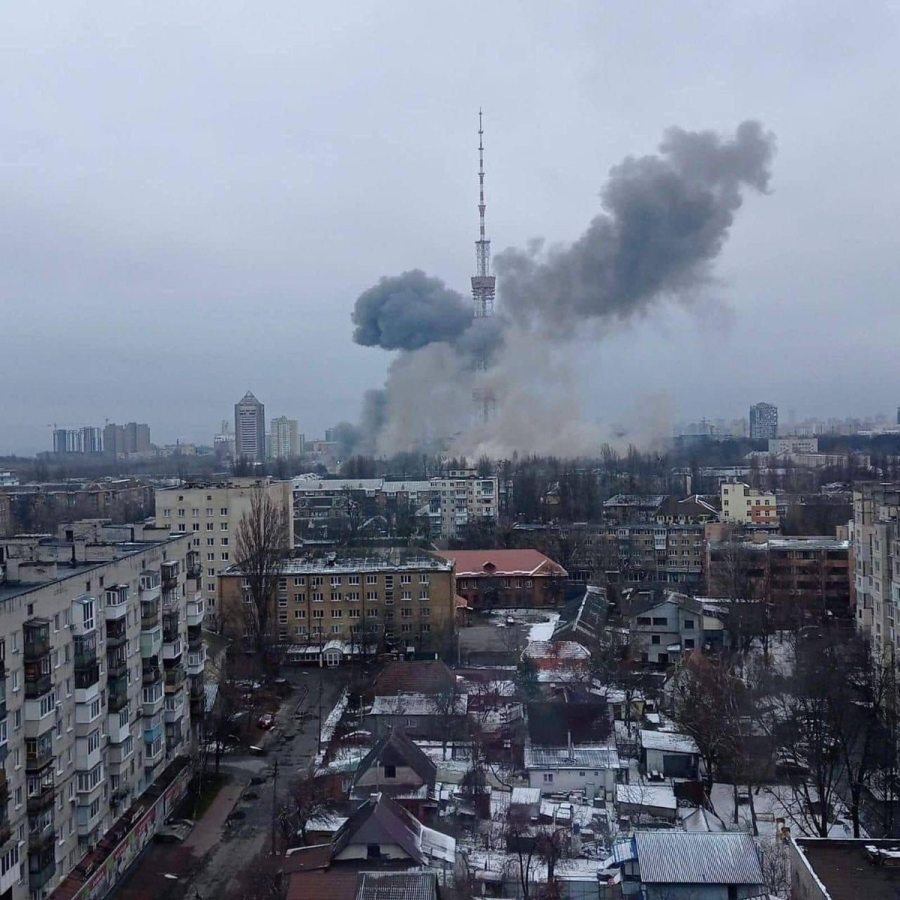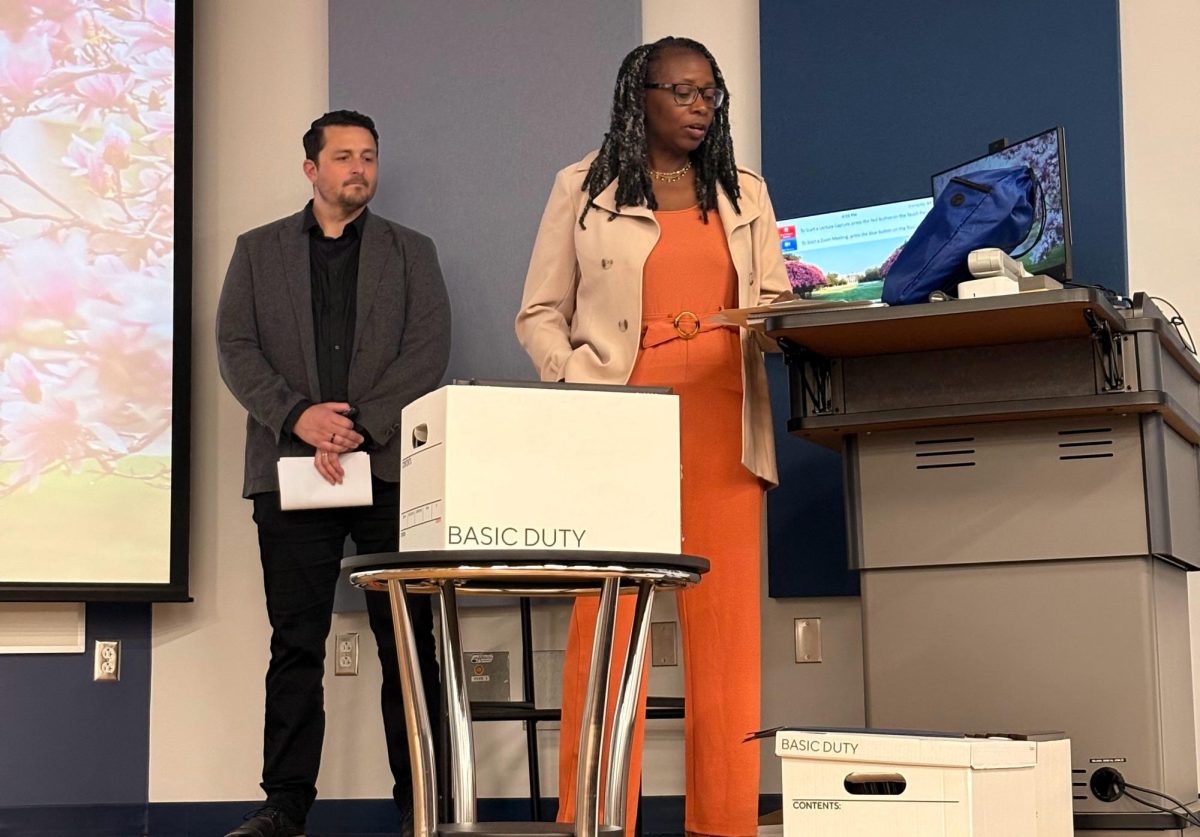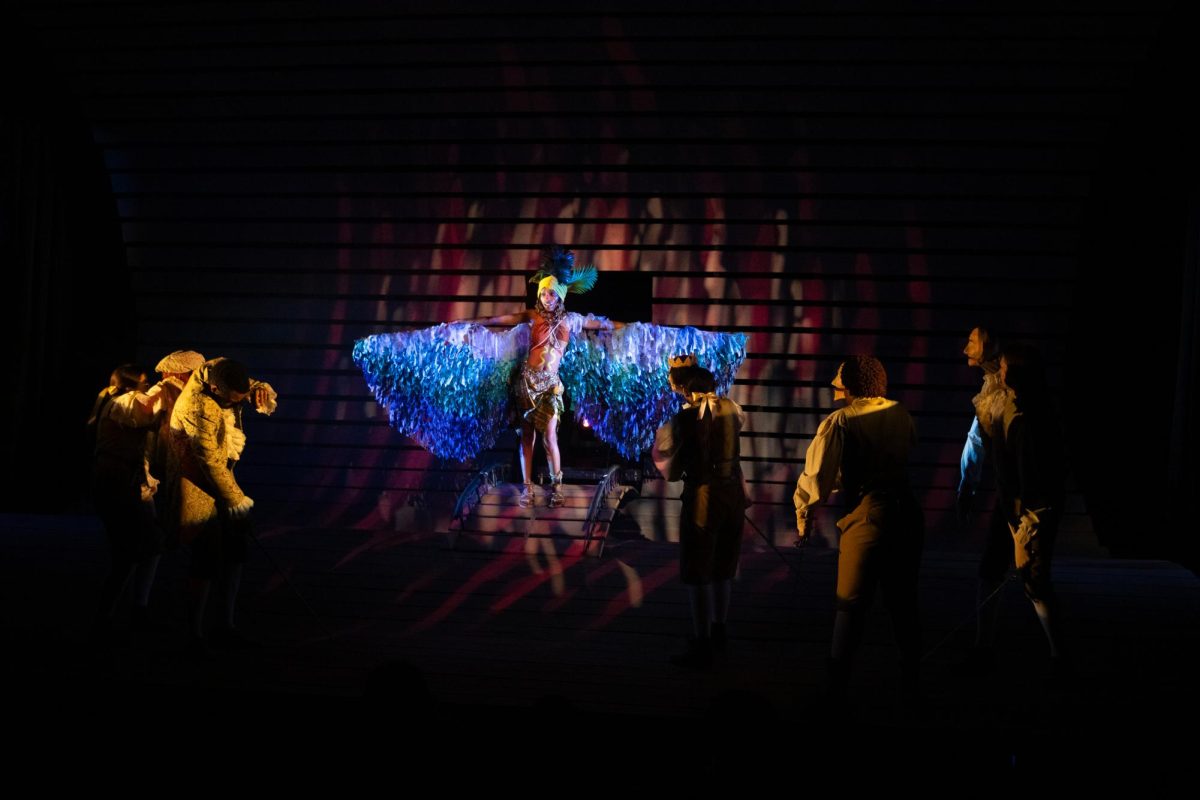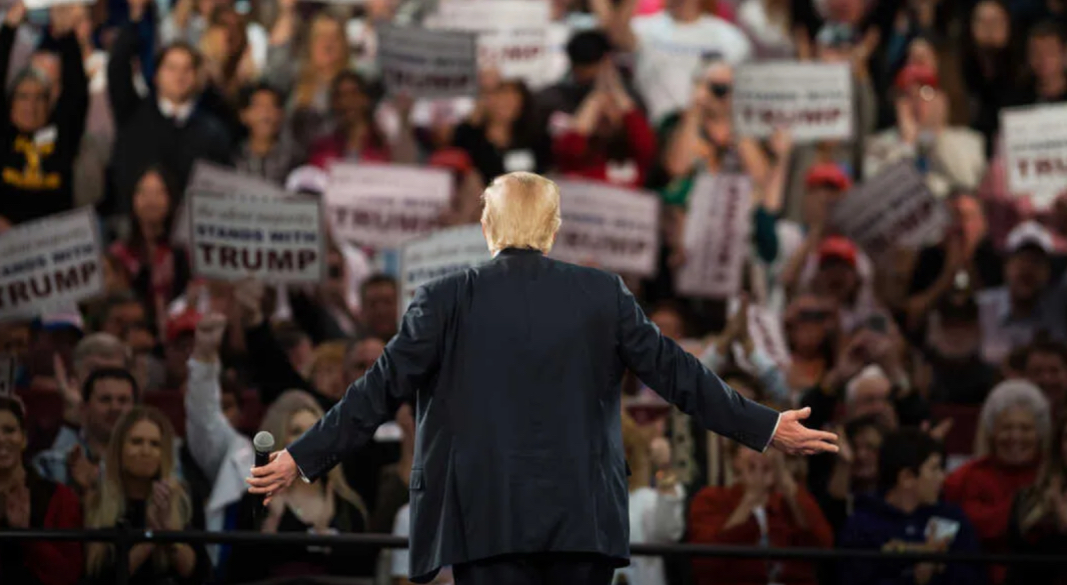How Western Sanctions Will Affect the War in Ukraine
Photo credit to Ministry of Internal Affairs of Ukraine.
Russian bombardment of telecommunications antennas in Kyiv on March 1, 2022.
March 22, 2022
It has now been almost a month since Russian forces swept across the border and began attacking Ukrainian cities. Estimates of Russian losses in the conflict so far have varied wildly as Ukrainian military officials estimate that as many as 11,000 Russian troops have been killed while Russia reports just under 500 military deaths. However, even Russia’s totals show this is now one of the costliest military campaigns it has carried out in recent memory. Western countries have also stepped up involvement in the crisis providing increased military and financial aid to Ukraine as well as taking in hundreds of thousands of Ukrainian refugees fleeing the conflict
One of the biggest developments coming out of last week was the Biden administration’s announcement of wide-ranging sanctions in partnership with Europe and other Asian allies. These actions include the sanctioning of Russia’s financial sectors as well as export controls on key resource materials that Russia is dependent on for its economy. Western leaders have explained these sanctions aim to persuade Russia to end hostilities and de-escalate its military operation in Ukraine. It’s worth asking then what the impact of last week’s sanctions will mean for Russia as Putin resists Western pressure, and Ukraine as it continues to hold out against continued Russian aggression.
Moscow’s initial reaction to the sanctions has been to frame them as further evidence of the West’s intention to destroy the Russian state and to assert that these sanctions were coming “no matter what“. The sanctions targeting Russia’s foreign currency reserves will likely have a much stronger effect on Moscow’s decision-making than the SWIFT removal. Russia had built up an enormous foreign currency reserve of around $630 billion that has now essentially been cut off from access by the state.
Following the announcement of sanctions, the ruble plummeted 38% for the year and sits at seven-tenths of 1 cent. The Russian stock exchange has also remained closed since the end of February as the government sought to prevent even further economic damage from sell-off that will surely begin whenever the market reopens. Russians are already feeling discomfort as ATMs are running out of cash and international companies have ceased doing business while the conflict unfolds. This has led a number of Russian citizens, including some oligarchs, to begin calling for an end to hostilities. Economic discomfort will likely continue as the Central Bank of the Russian Federation is no longer able to prop up the economy while the military races to achieve its objectives.
All of this has also led to instances of public demonstrations by Russian citizens taking place throughout major Russian cities. These demonstrations, however, have been met with harsh crackdowns by Russian authorities with as many as 4,300 people arrested throughout the country. Numerous international news organizations such as Bloomberg and the BBC have also either been shut down or halted their operations as new laws have been implemented enabling police to detain individuals reporting news from sources other than the state itself. While independent media has long struggled to operate within the country, this marks a significant departure from even the lowest standard of acceptance for a free press. Many observers assess this crackdown as an attempt to head off even more public backlash as Russian losses continue to mount and original military assessments prove ill-founded.
The Russian leadership’s initial goal was a quick strike on the Ukrainian capital of Kyiv to oust the Zelenskyy government. The rapid deployment of missile strikes and airborne troops around the capital immediately following President Putin’s announcement of the invasion, signaled that Russian leadership was convinced that securing major Ukrainian cities could be done quickly and with a fraction of the force deployed around Ukraine. Though it is now clear that Ukrainian resistance, particularly in the North East and around the capital, has impeded the Russian advance along many of these fronts. US defense officials now estimate that Russia has had to deploy as much as 95% of its army stationed around Ukraine to carry on in its objectives.
The quick ramp-up of Western sanctions could alter Putin’s strategy for achieving his military and political objectives in Ukraine. Russia is unlikely to call off the invasion at this point in the conflict as political and economic costs for Putin for initiating the invasion have largely already come to bear. Russia is now seen by many states throughout the world as a pariah, Ukrainian people have rallied around their resentment for Russian aggression, and Western sanctions have begun to hit the Russian economy hard.
A potential concern from Putin could be that a withdrawal before any concrete gains are achieved further risks weakening his position at home. This could also set a precedent for deterrence on any future security-related demand from Russia. Putin will almost certainly not accept this outcome and therefore will press on with the campaign despite the costs.
What does all of this mean for the conflict as it continues in the short term? Things will likely become even more violent, particularly in the major cities that have so far resisted Russian advances. Putin is now racing against rising public disapproval within and outside Russia, and there are massic effects from sanctions on the Russian economy. Because of this, there will likely be an even greater use of force against a broad range of targets including those housing civilians. There have already been increased instances of shelling taking place among civilian areas throughout Ukraine. This increase appears to mark a shift in the Russian military strategy that initially employed greater discrimination against striking heavy population areas to widescale use of missiles and airstrikes to erode Ukrainian defenses in the major cities. The city of Mariupol is now completely surrounded by Russian forces and expected to fall in the coming days as accusations of attacks on civilians during evacuation perpetrated by Russia continue to mount. Success in taking this key coastal city would subsequently enable additional resources to be shifted toward taking the city of Odessa and shoring up the offensives in the North East against Kharkiv and its surrounding cities where advances have stalled.
Ukraine’s early battlefield successes have demonstrated their effectiveness in slowing the Russian advance much more than many observers expected. President Zelenskyy’s statement, “I need ammunition, not a ride” in response to U.S. offers of evacuation has become a symbol of Ukrainian’s determination to continue its resistance as long as possible. U.S. and European military aid to Ukrainian forces will also slow Ukraine’s losses as they continue to endure attacks along all lines of contact. Public resentment amongst the Ukrainian people for Russian occupation, however, will likely mean a protracted conflict as the Russian military surrounds major cities and pounds them with artillery and air power.
All of these factors lead to the strong possibility that there will be even greater amounts of civilian casualties and the destruction of Ukraine’s major cities. Such a scenario of a long-term siege by the Russian military once played out in the city of Grozny during the Second Chechen War. The fighting that took place during that war saw the Chechen capital completely leveled as the Russian military met fierce resistance while attempting to capture the city. A similar scenario is likely playing out in real-time as Putin has effectively cast aside any possibility other than accomplishing his goal of cutting off Ukraine from Europe and bringing it back into the fold of Moscow. The ones likely to pay the highest price for this are the Ukrainian people as they struggle to hold on to the last vestiges of democratic rule. One thing that is, unfortunately, becoming clear in this conflict is that the longer it drags on, the worse it will be for the people already enduring the most hardship.








